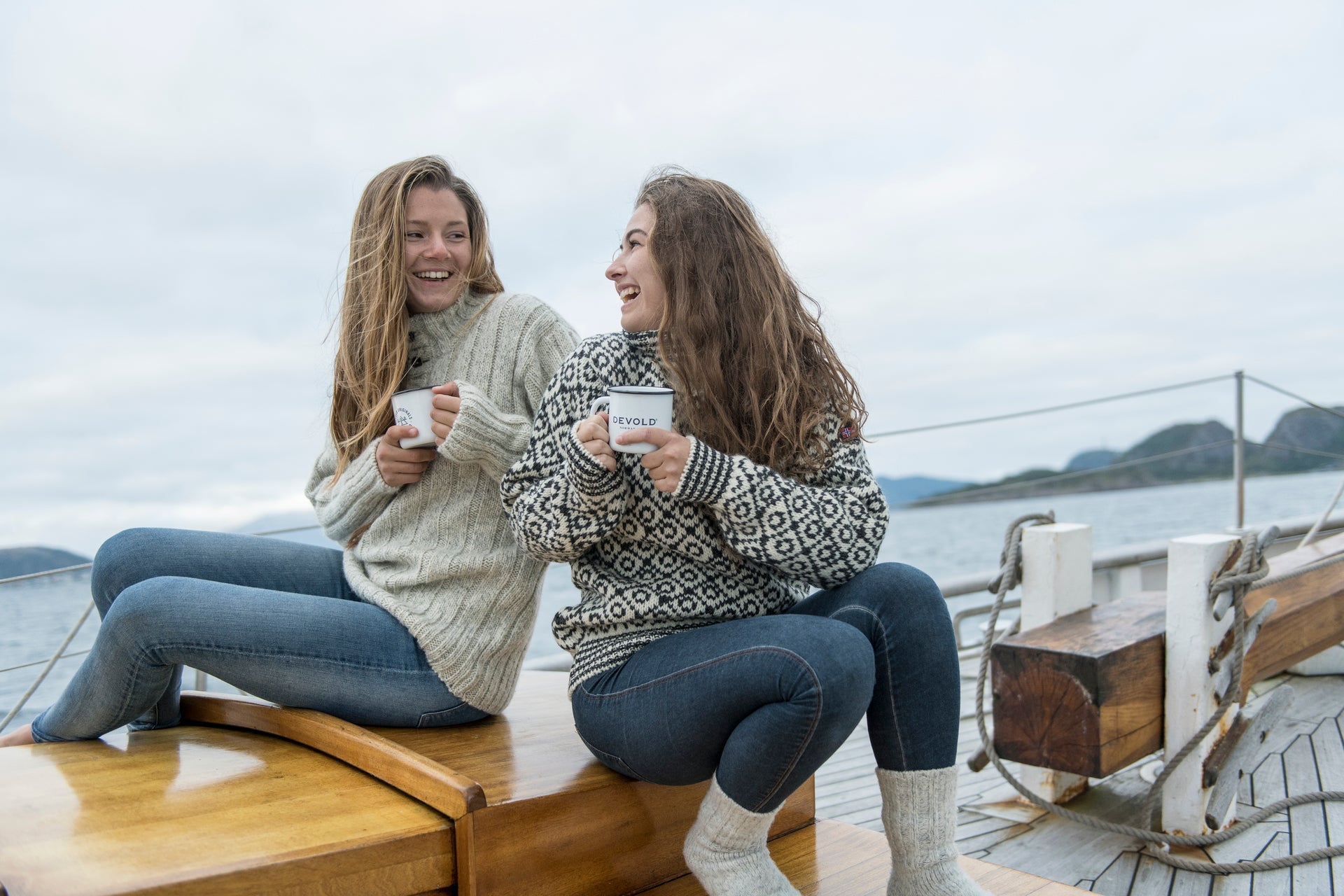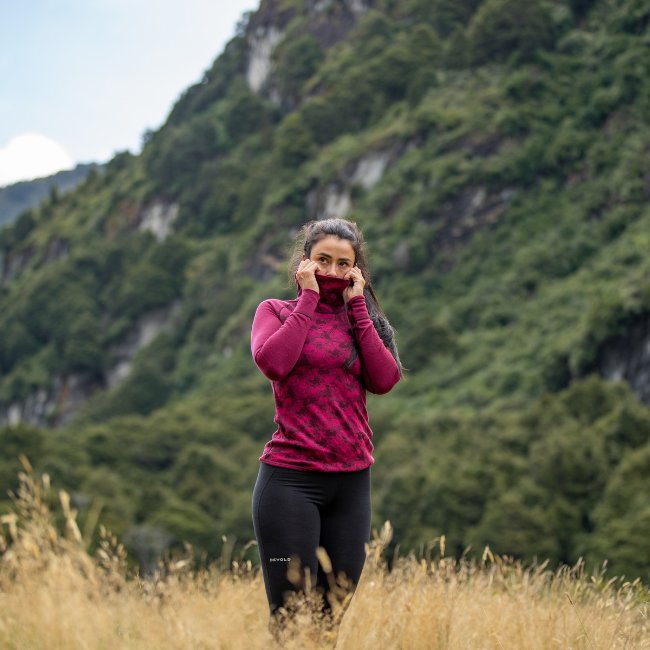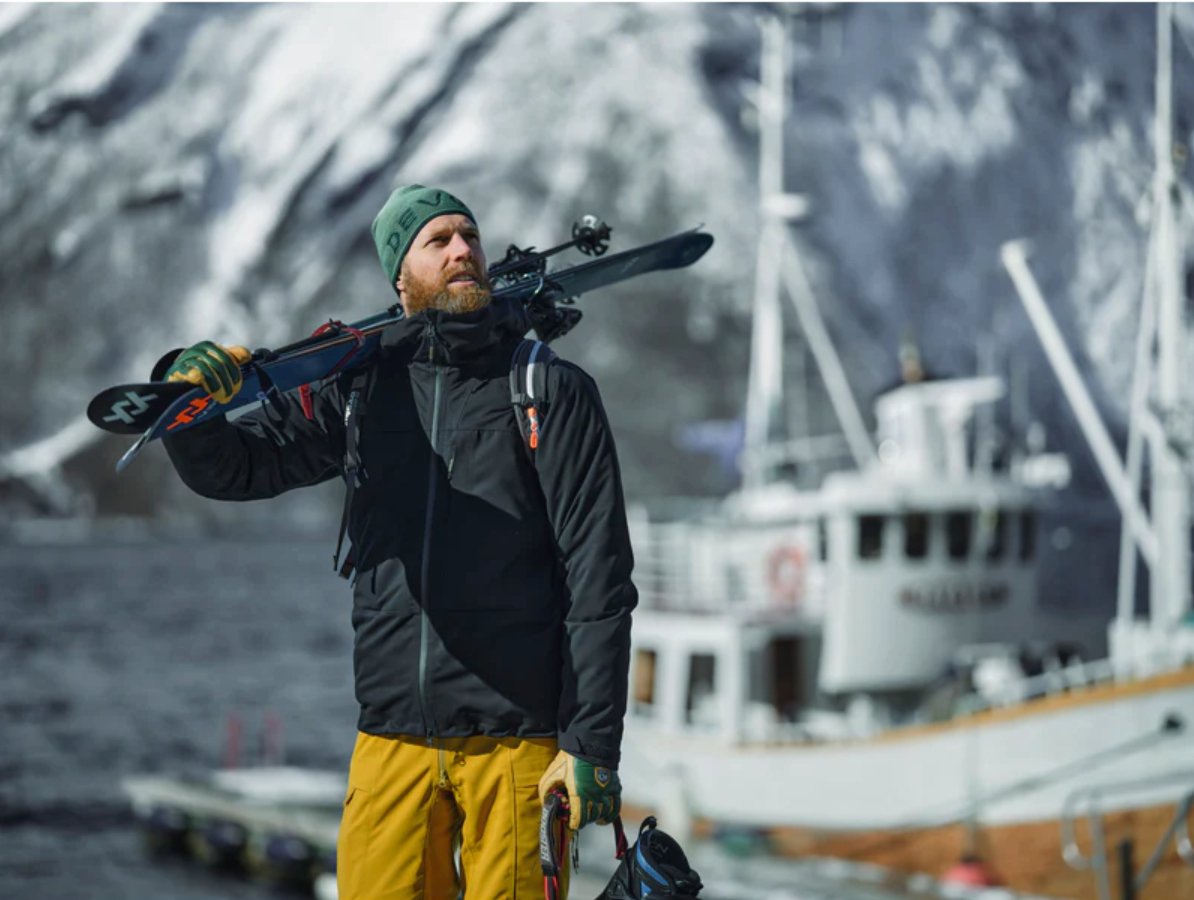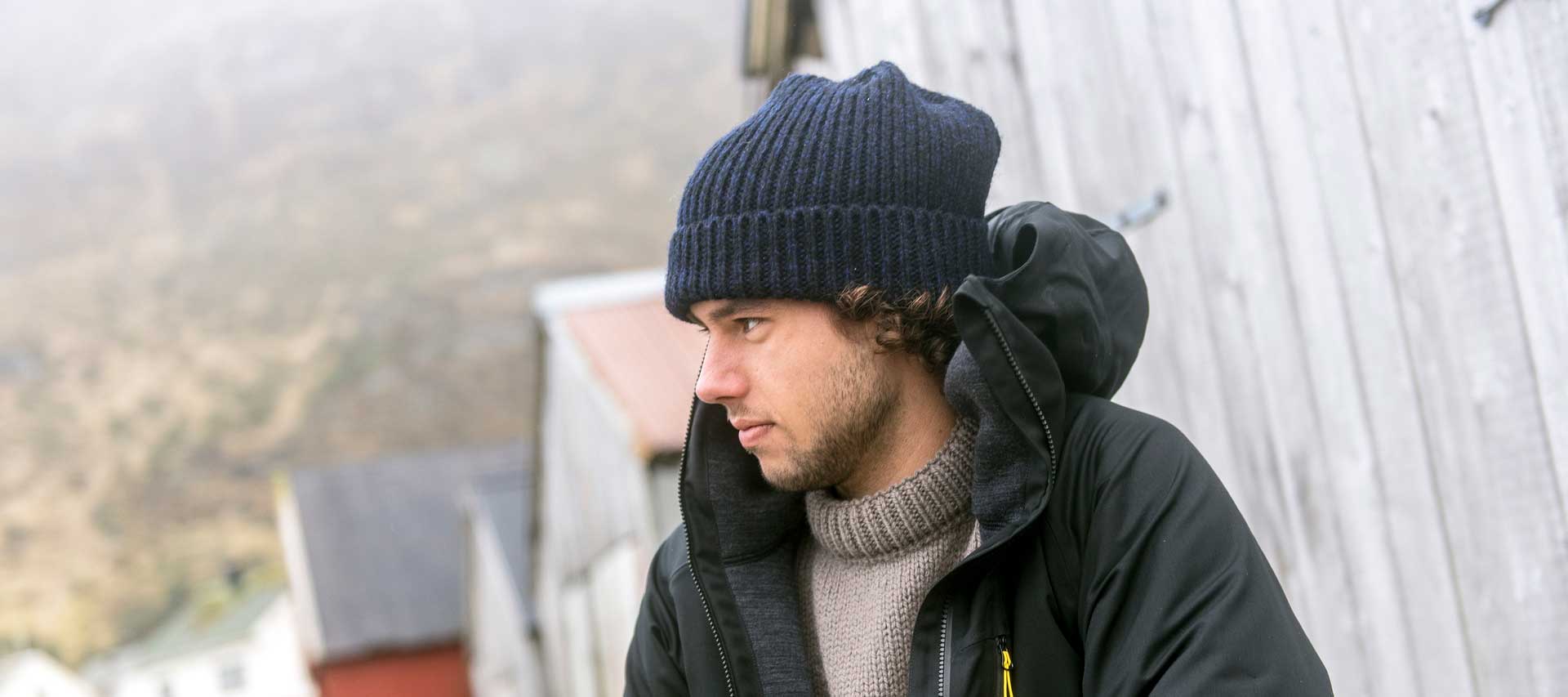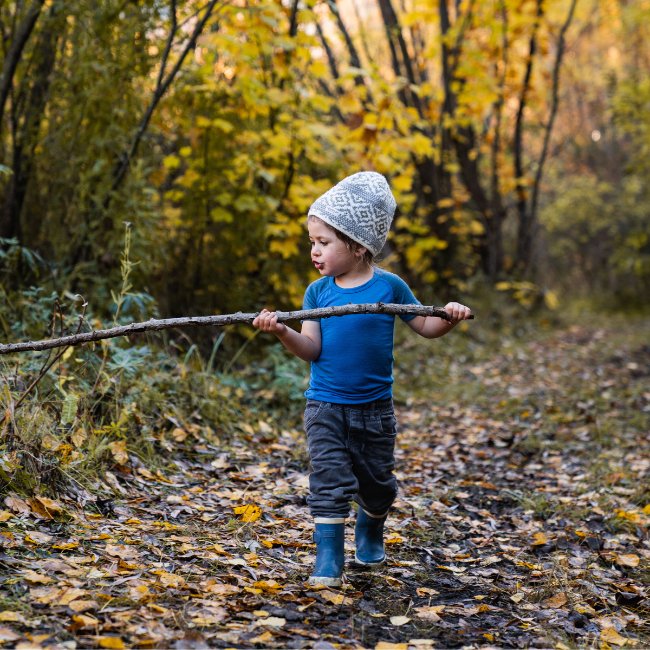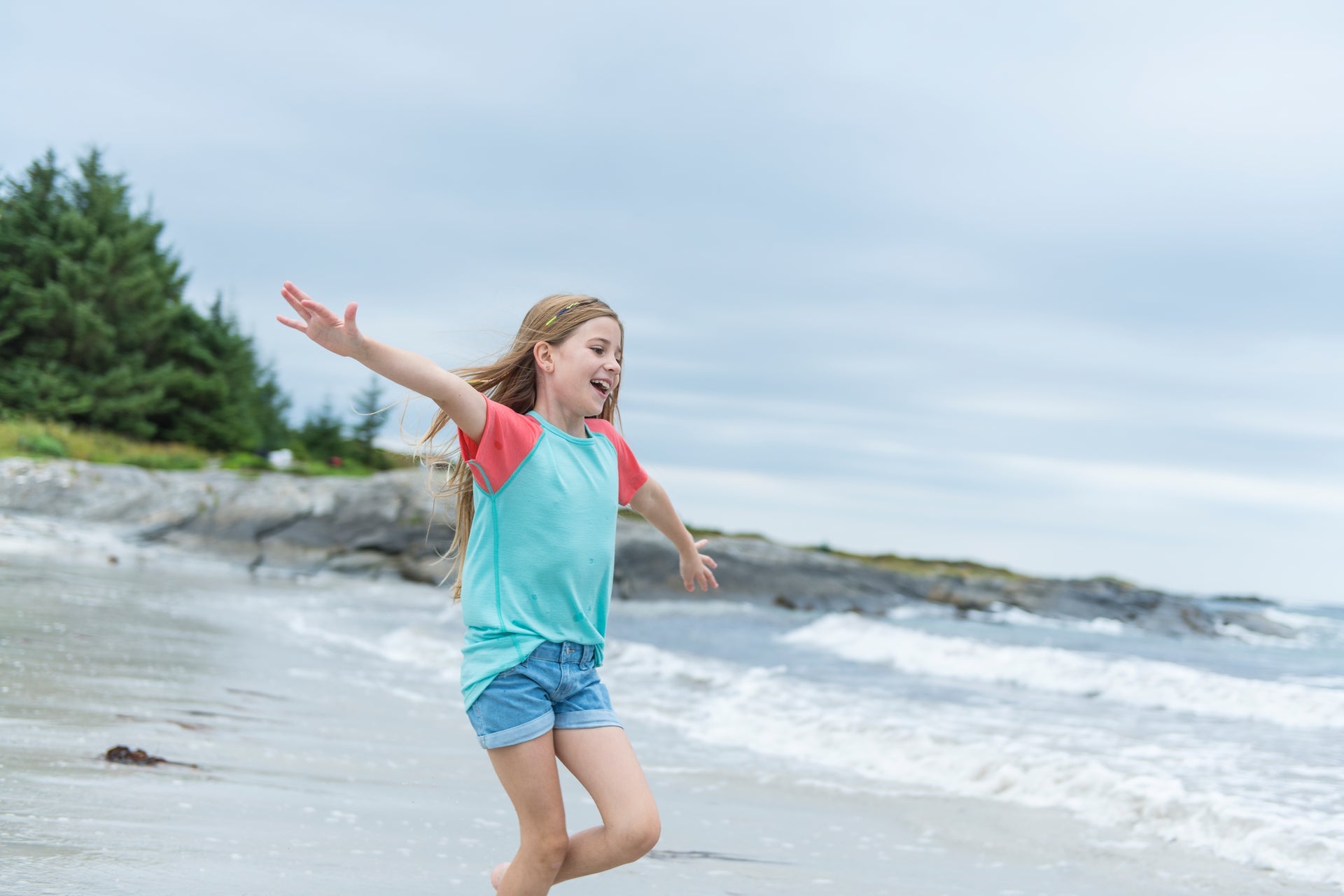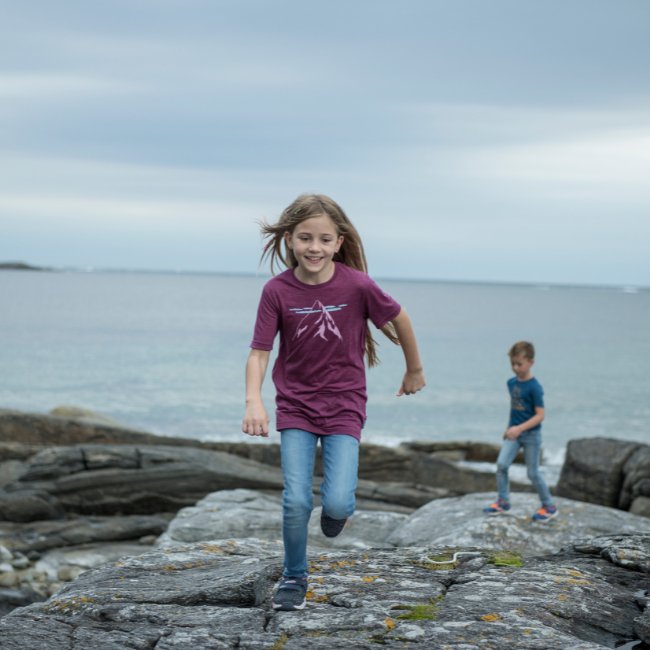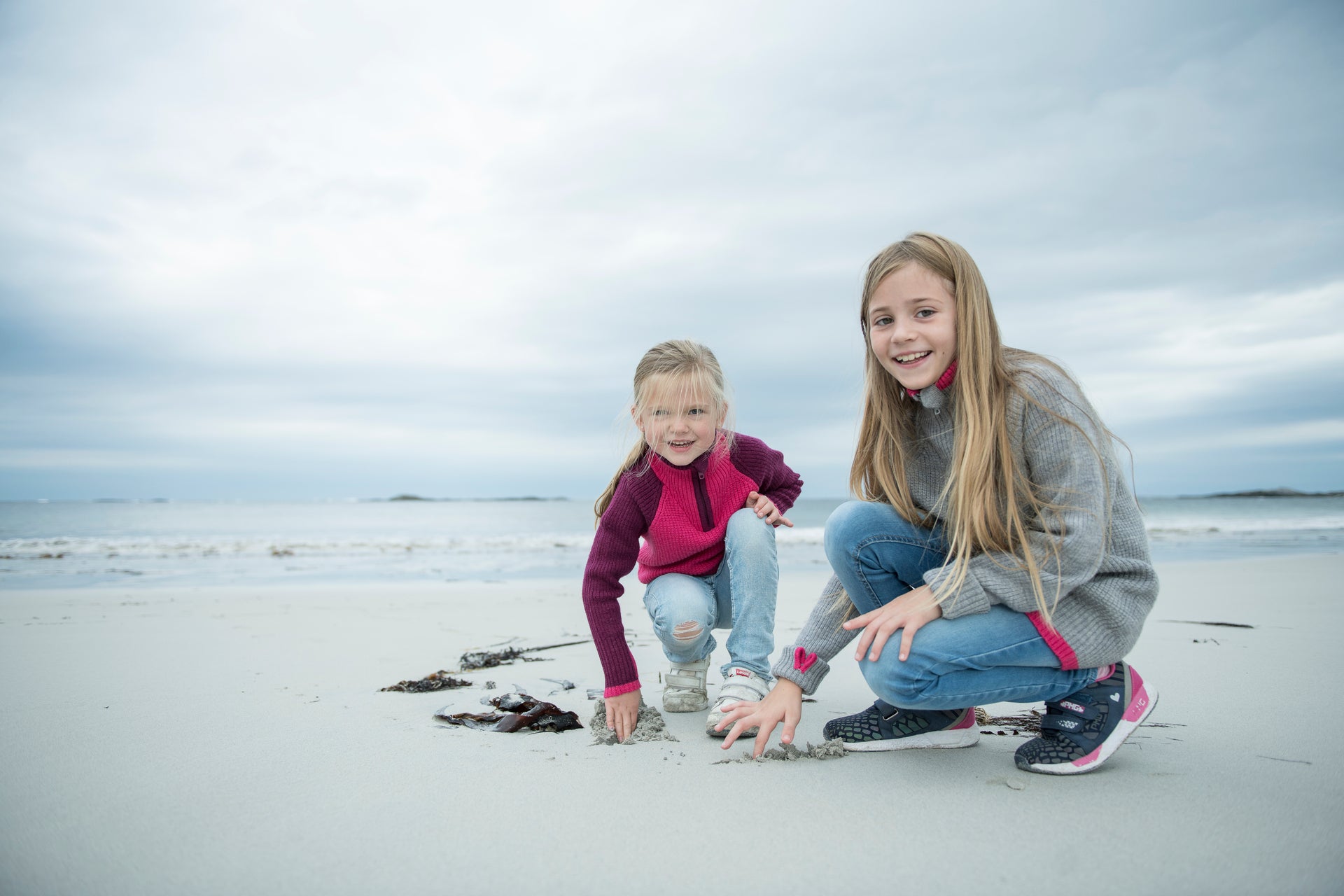Our Value Chain

Our production is like an open book: each garment has its own story that you can trace all the way back to the sheep that produced the wool. We take you on a journey from sheep grazing on large swathes of land, to proud farmers who share our passion for quality, on to wool washing and spinning, and to our own Oeko-Tex-certified factory in Europe, where our garments are knitted by the happy people working for us.
Here's more background on our Sheep to Shop programme :
97% manufactured at our own factory
All our woollen garments are manufactured in our own factory. To reduce our carbon footprint, we’ll try to move all our production to a factory of ours in Europe.
90% transport by sea and land
Transport by sea and land. Although we transport merino wool across large distances, we mainly rely on maritime and land transport.
100% recycling
Recycling of cut-offs from our textile production. These go into new products.
ENVIRONMENTALLY FRIENDLY
As a matter of fact, Devold has owned its own factories since inception. We also co-own an environmentally certified dye (C2C, European Eco Label, Nordic Eco Label, Oeko-Tex), which ensures that Devold wool is free of hazardous dyes. All chemicals used in our products and packaging meet the requirements of REACH, the EU’s Chemicals Regulation.
TESTED IN THE TOUGHEST ENVIRONMENT
We test in the harshest weather conditions: this is where we test our garments to ensure that they are of such high quality that they keep you warm on all your adventures, regardless of the weather.

Last Longer, Less Waste
On average, each Norwegian throws away 23kg of clothing per year and buys 14kg of new clothes. We tend to own too many garments that we barely use before they end up in the rubbish.
At Devold, we design clothes based on the following concept: Clothes should be created to last. Designs should be timeless so they don’t go out of fashion. Preference should be given to natural materials, which require minimal washing and are thus prone to a lot less wear.
If we choose clothes made from natural materials, i.e. those that break down once the garment reaches the end of its life, those that barely need any washing and don’t release microplastics into the environment, then we’re looking after not just ourselves, but also generations to come.




